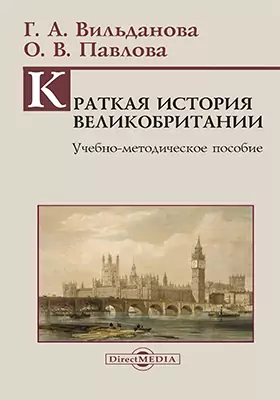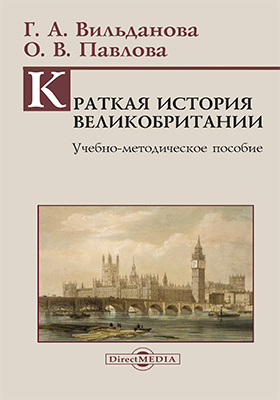Краткая история Великобритании = A Brief history of Great Britain
Место издания: Москва|Берлин
ISBN: 978-5-4475-4566-6
Страниц: 86
Артикул: 11440
Краткая аннотация книги "Краткая история Великобритании"
Учебно-методическое пособие содержит дидактические материалы на английском языке (тексты, упражнения) страноведческой направленности, посвященные истории Великобритании. Пособие предназначено для учащихся профильных классов средней школы, студентов 1 курса факультета иностранных языков и неязыковых факультетов.
Содержание книги "Краткая история Великобритании"
Unit I
Ancient Britain
Roman Britain
Anglo-Saxon Britain
Unit II
Norman Conquest
Medieval England
Unit III
The Tudor Dynasty
Elizabeth I
Unit IV
The English Bourgeois Revolution
Unit V
Britain of the 18th — 19th centuries
Victorian Age
Britain of the 20th - 21 centuries
REVISION Questions
Historical Facts of Interest
British History Significant dates
APPENDIX: Texts for reading and translation
Sources of Information
Все отзывы о книге Краткая история Великобритании
Отрывок из книги Краткая история Великобритании
waging the Hundred Years' War1 6. In fact several wars occurred which all in all lasted for more than one hundred years. At first the English were successful but soon the French feudals united and won back their territories17. The second half of Edward's reign was a series of mischiefs. In 1348-49 the plague called "Black Death" struck England killing one-third of the population in 10 years. The disease was so severe that people died within 24 hours. The position of the peasants was very deplorable; they had to give part of their harvest to the lord and to work at the lord's fields regularly. And after the Black Death there were not enough labourers and the peasants preferred to work at higher wages. The king needing more money for the Hundred Years war, Parliament voted for extra taxes which made the life of peasants still harder. In 1381 the peasants revolted. 60,000 furious people from the counties of Essex and Kent marched to London led by Wat Tyler. They beheaded the archbishop and some royal officials, opened prisons, burned and destroyed some buildings. The young king Richard (at the age of 16) met the rebel leaders. They demanded some liberties (for instance, to buy and The "Hundred Years' War" is the name historians have given to a series of related conflicts fought over the course of more than a century between England and France. The causes were complex and varied, but included English territorial and dynastic ambitions in France. 1 7 By 1422 the French developed a sense of national identity, as illustrated by Joan of Arc, a peasant girl who led the French armies to victory over the English until she was captured and burned by the English as a witch. The French now had a greater unity, and the French king was able to field massive armies on much the same model as the British. The war dragged on for many years. In fact, it was not until 1565 that the English were forced out of Calais, their last foothold in continental France, and they still hold the Ch...
С книгой "Краткая история Великобритании" читают

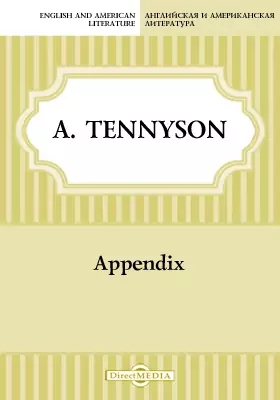


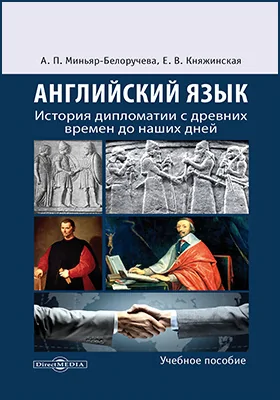
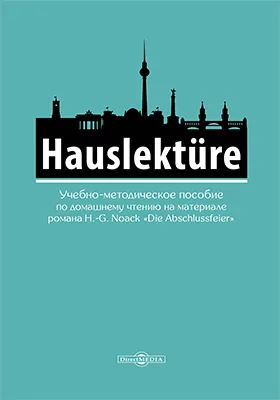



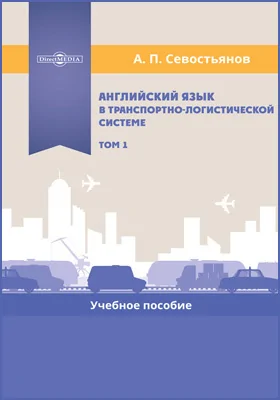
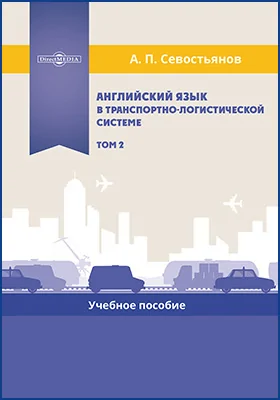
Бестселлеры нон-фикшн
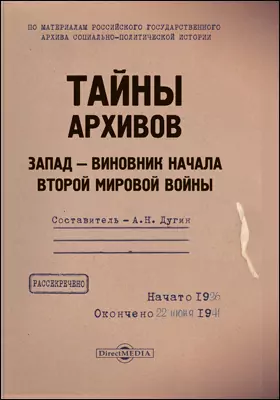

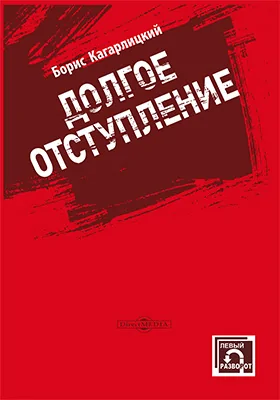
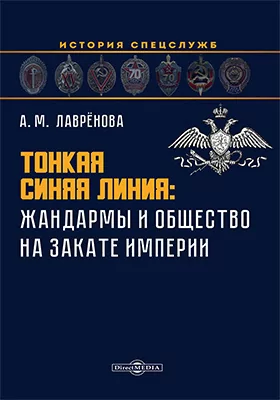
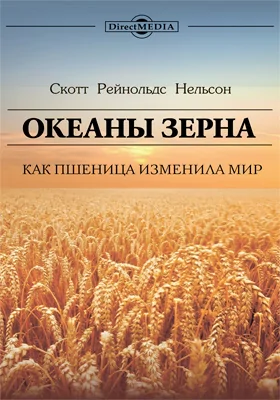
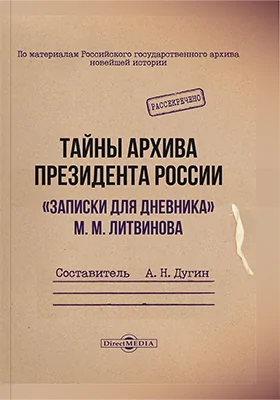
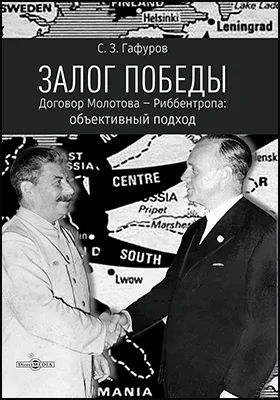
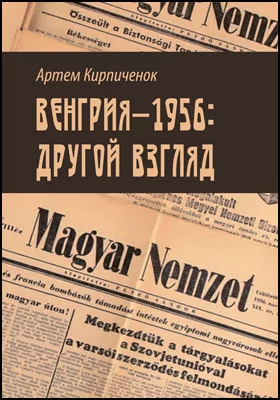
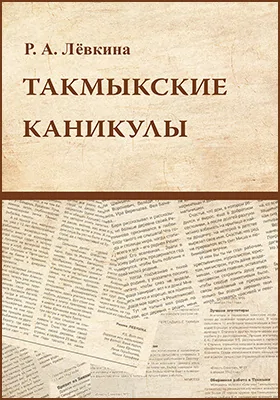
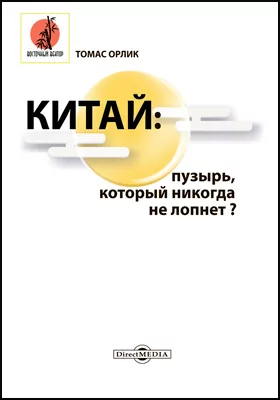
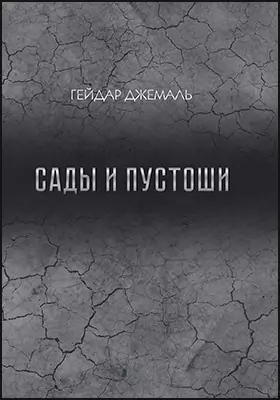
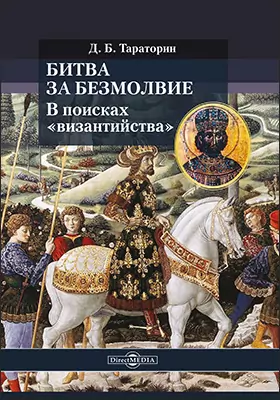
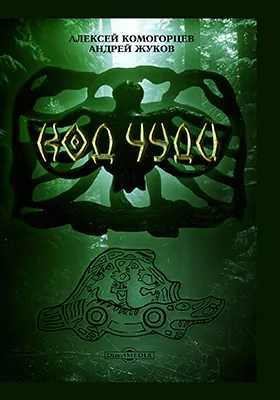
Новинки книги нон-фикшн
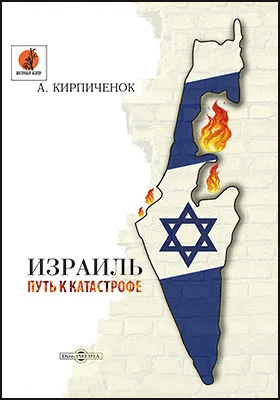


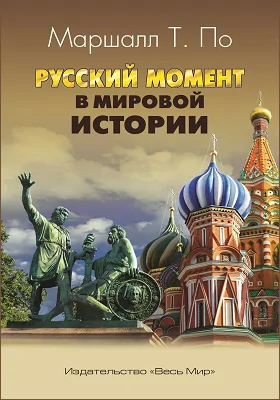

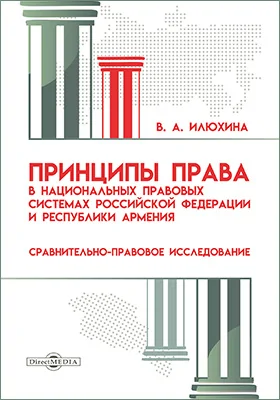

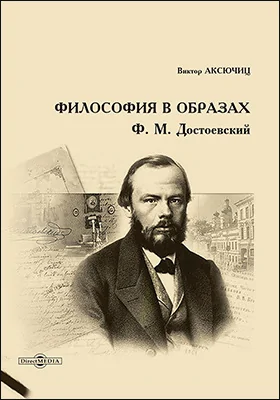
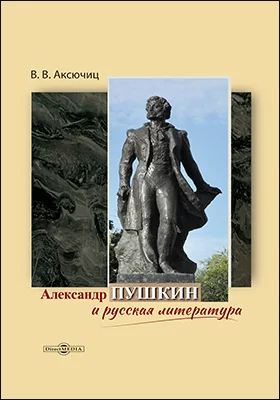
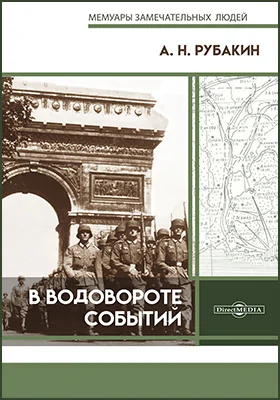

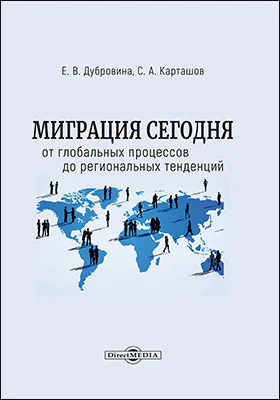

Вильданова Г. А. другие книги автора
и мы свяжемся с вами в течение 15 минут
за оставленную заявку

